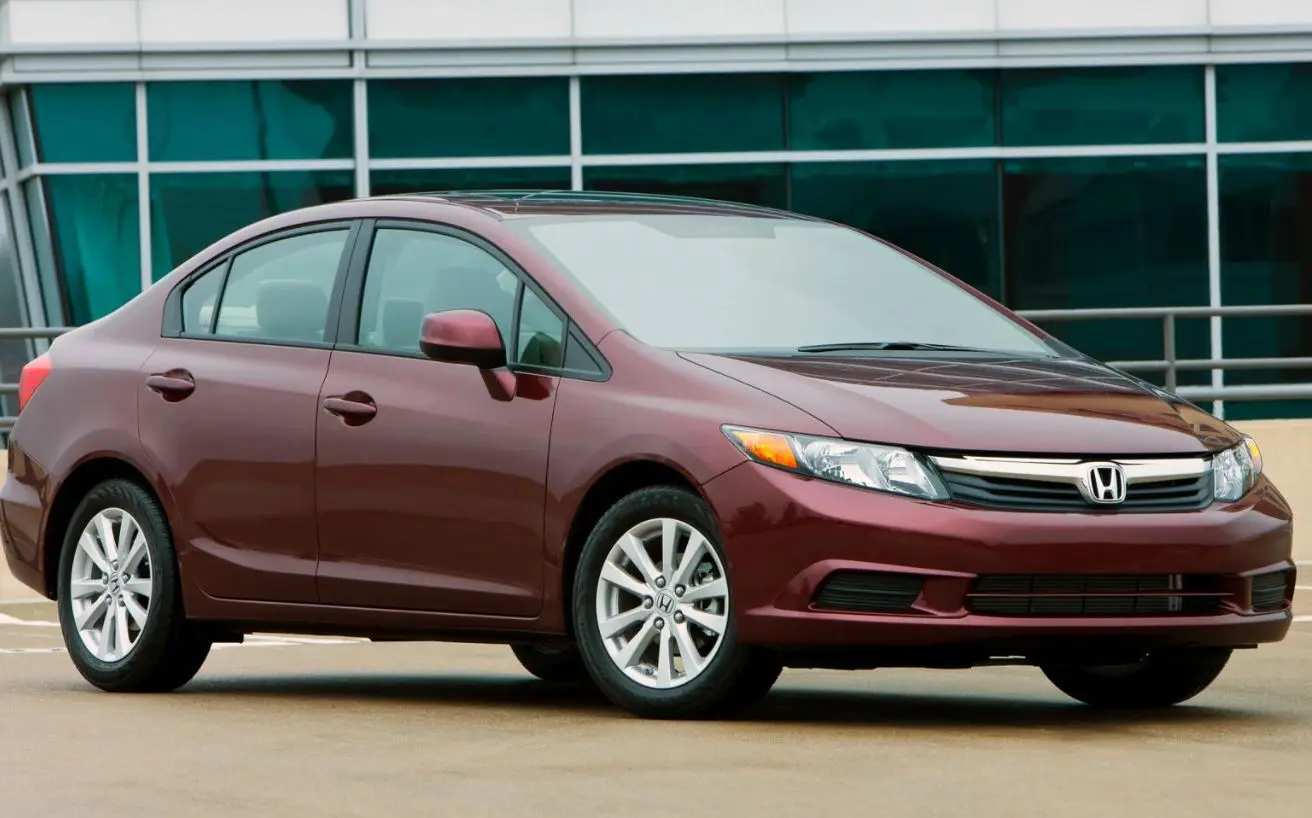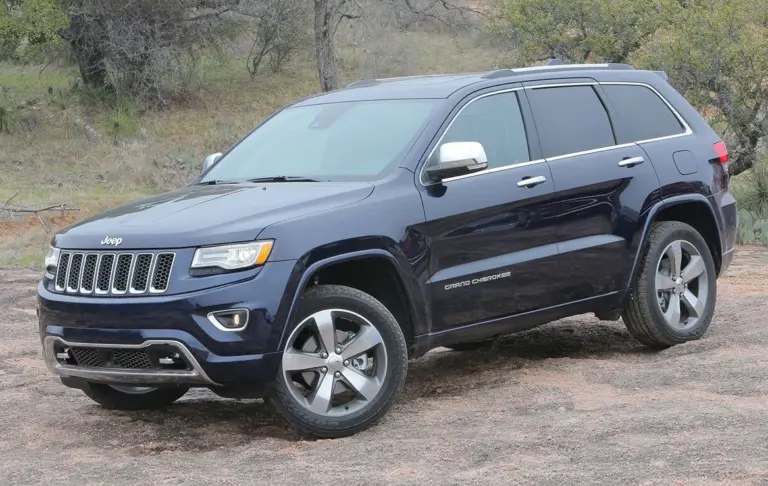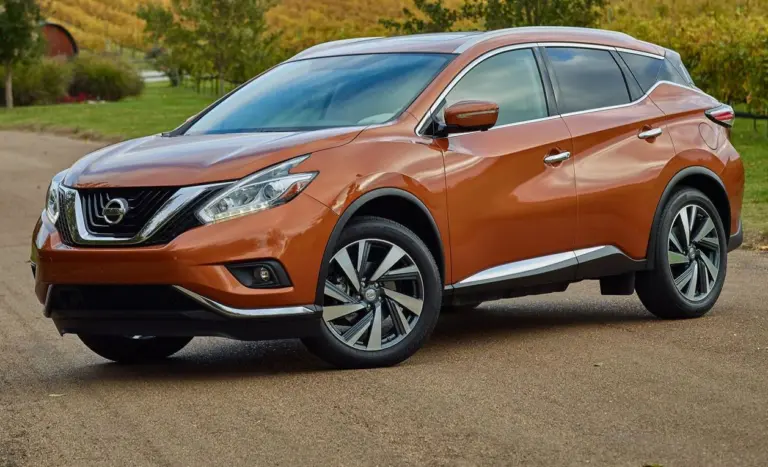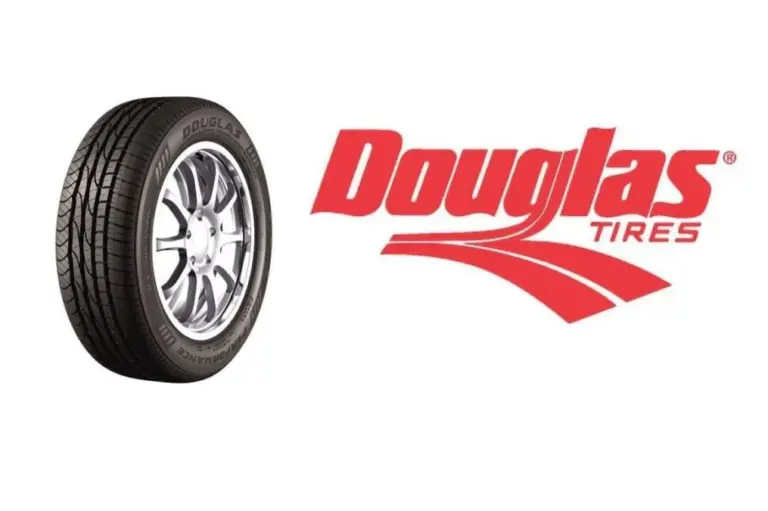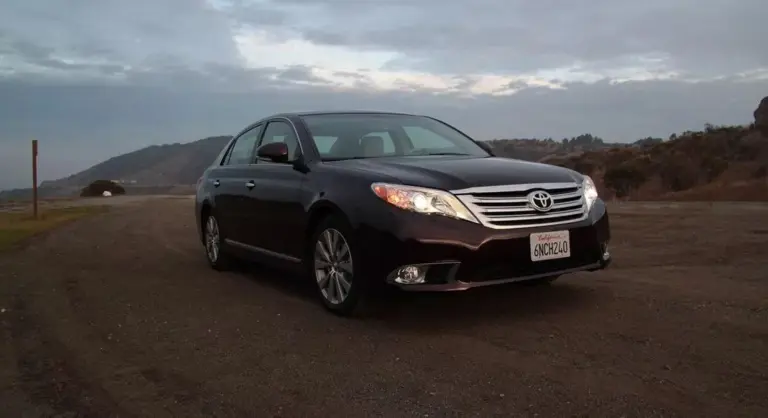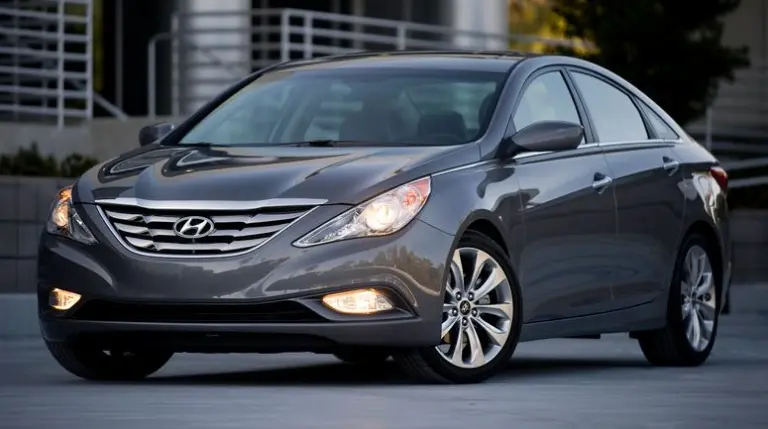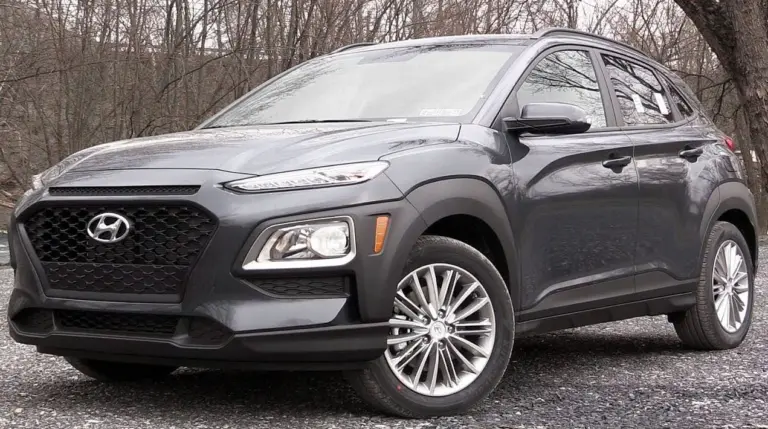These Are the Honda Civic Years to Avoid in 2025
The Honda Civic has been a popular compact car choice for decades, known for its reliability, fuel efficiency, and affordability. However, like any vehicle, some model years have proven to be more problematic than others.
If you’re in the market for a used Honda Civic, it’s crucial to know which years to steer clear of to avoid potential headaches and costly repairs.
Honda Civic Years to Avoid
When considering a used Honda Civic, it’s essential to be aware of the model years that have had the most reported issues. Here’s a quick overview of the Honda Civic years to avoid and their associated problems:
| Model Year | Common Issues |
|---|---|
| 2001 | Transmission failures, airbag problems |
| 2002 | Transmission issues, airbag recalls |
| 2006 | Engine block cracks, excessive oil consumption |
| 2007 | Engine block problems, suspension issues |
| 2008 | Engine block cracks, paint problems |
| 2009 | Excessive road noise, uneven tire wear |
| 2012 | Vibration issues, infotainment system glitches |
| 2016 | AC system failures, infotainment problems |
2001-2002 Honda Civic
The 2001 and 2002 model years are widely considered the worst for the Honda Civic. These years were plagued with significant transmission problems, particularly in automatic transmission models. Many owners reported transmission failures, often requiring costly replacements.
Additionally, these models were part of the massive Takata airbag recall, which affected millions of vehicles across various manufacturers. The faulty airbags posed a serious safety risk, with the potential to deploy improperly or even explode in a collision.
2006-2008 Honda Civic
The 2006-2008 Civic models, part of the 8th generation, experienced a notorious issue with cracked engine blocks. This problem was particularly prevalent in areas with cold climates, where the engine block could crack and leak coolant, leading to overheating and potential engine failure.
Honda extended the warranty on affected engines to 10 years with unlimited mileage, but for many owners, the damage was already done. The 2006 model year, in particular, is often cited as one of the worst due to the severity and frequency of this issue.
2009 Honda Civic
While not as problematic as earlier years, the 2009 Civic had its share of issues. Many owners complained about excessive road noise and vibrations, which detracted from the overall driving experience. There were also reports of uneven tire wear, likely due to suspension design flaws.
2012 Honda Civic
The 2012 model year marked the beginning of the 9th generation Civic, and it faced criticism for its underwhelming interior quality and ride comfort. While not as mechanically troubled as some earlier models, it suffered from vibration issues and problems with the infotainment system.
2016 Honda Civic
The 2016 Civic, despite being part of the well-received 10th generation, had its share of problems. Many owners reported issues with the air conditioning system, including compressor failures. The infotainment system also faced criticism for being glitchy and unresponsive at times.
Common Problems Across these Model Years
While each model year had its specific issues, some problems were more prevalent across multiple years of the Honda Civic:
- Transmission failures: Particularly in the early 2000s models, automatic transmissions were prone to failure, often requiring expensive replacements.
- Engine problems: The 2006-2008 models were notorious for cracked engine blocks, while other years experienced issues with excessive oil consumption.
- Airbag recalls: Many Civic models were affected by the Takata airbag recall, which was a widespread issue across the automotive industry.
- Suspension issues: Several model years faced problems with premature tire wear and poor ride quality due to suspension design flaws.
- Infotainment system glitches: More recent models, particularly from 2012 onwards, experienced issues with their infotainment systems, including freezing screens and unresponsive controls.
Reliable Honda Civic Model Years
While we’ve focused on the problematic years, it’s important to note that the Honda Civic has generally been a reliable vehicle. Here are some model years that have proven to be more dependable:
2005 Honda Civic
The 2005 model year, being the last of the 7th generation, benefited from refinements made throughout its production run. It avoided many of the transmission issues that plagued earlier years and offered solid reliability.
2010-2011 Honda Civic
These model years, part of the later 8th generation, had fewer reported issues compared to their predecessors. By this time, Honda had addressed many of the problems that affected earlier models in this generation.
2013-2015 Honda Civic
The later years of the 9th generation Civic saw significant improvements in quality and reliability. These models addressed many of the criticisms faced by the 2012 redesign and offered a more refined driving experience.
2017-2021 Honda Civic
The 10th generation Civic, particularly from 2017 onwards, has received praise for its reliability, performance, and features. These models have shown fewer issues compared to earlier generations and offer a good balance of efficiency and driving enjoyment.
Alternatives to Consider
If you’re hesitant about purchasing a used Honda Civic due to the potential issues in certain model years, there are several alternatives in the compact car segment worth considering:
- Toyota Corolla: Known for its exceptional reliability and low maintenance costs, the Corolla is a solid alternative to the Civic.
- Mazda3: Offers a more engaging driving experience and has a reputation for reliability, particularly in more recent model years.
- Hyundai Elantra: Has made significant strides in quality and reliability, offering good value for money and a generous warranty on newer models.
- Subaru Impreza: Provides standard all-wheel drive, making it a good choice for those in areas with harsh winters.
- Volkswagen Golf: Offers a more upscale interior and European driving dynamics, though maintenance costs may be higher than Japanese alternatives.
Frequently Asked Questions (F.A.Q)
Q1. Are all Honda Civics from the years mentioned unreliable?
Not necessarily. While these years have higher reported issues, individual vehicles may still be reliable if they’ve been well-maintained and haven’t experienced the common problems associated with their model year.
Q2. How can I check if a used Honda Civic has been affected by recalls?
You can check for recalls by entering the vehicle’s VIN (Vehicle Identification Number) on the National Highway Traffic Safety Administration (NHTSA) website or Honda’s official recall lookup page.
Q3. Is it worth buying an older Honda Civic?
Older Civics can be a good value if they’ve been well-maintained and don’t have a history of major issues. However, it’s crucial to have a trusted mechanic inspect the vehicle before purchase and to review its maintenance history.
Q4. What should I look for when buying a used Honda Civic?
Look for a complete service history, signs of regular maintenance, and have the vehicle inspected for common issues associated with its model year. Pay special attention to transmission performance, engine condition, and any unusual noises or vibrations during a test drive.
Q5. Has Honda addressed the issues in newer Civic models?
Yes, Honda has made significant improvements in recent years. The 10th generation Civic (2016-2021) has generally been well-received, with fewer reported issues compared to earlier generations, especially from the 2017 model year onwards.
Wrapping Up
While the Honda Civic has a strong overall reputation for reliability, certain model years have faced more issues than others. By being aware of the problematic years and their common issues, you can make a more informed decision when shopping for a used Civic. Remember to always research thoroughly, check the vehicle’s history, and have a professional inspection before making a purchase.

